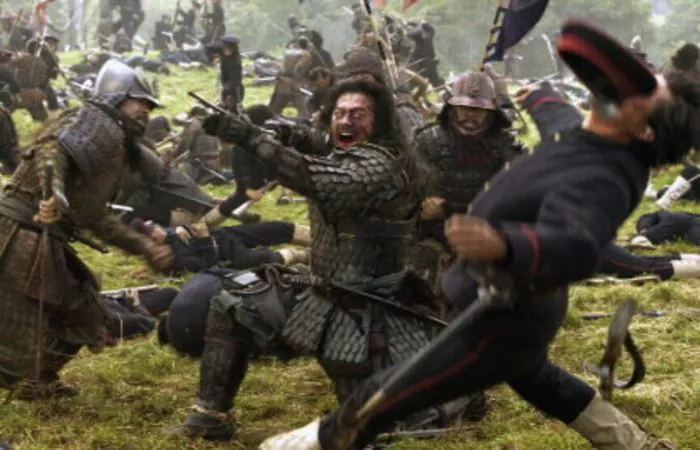The terms “shogun” and “samurai” hold significant historical and cultural importance in Japanese history, reflecting distinct roles and societal structures during feudal Japan. Understanding the meanings of these terms requires exploring their origins, functions, and evolving roles within Japan’s feudal system.
Shogun: Definition and Role
The term “shogun” translates to “general” or “commander” in English. Historically, the shogun was the highest military rank and the de facto ruler of Japan during the feudal period. The position of shogun emerged in the late 12th century and continued until the Meiji Restoration in the late 19th century.
Key aspects of the shogun’s role include:
Military Leadership: The shogun served as the supreme military commander, responsible for maintaining order, defending the realm, and overseeing military campaigns.
Political Authority: Over time, the shogun acquired significant political power, effectively governing Japan while nominally deferring to the emperor, who held symbolic authority.
Feudal Hierarchy: The shogun presided over a hierarchical feudal system, where daimyo (regional lords) pledged allegiance in exchange for land and protection.
Samurai: Definition and Function
The term “samurai” (侍) translates to “warrior” or “servant” in English. Samurai were elite warriors who served feudal lords (daimyo) and the shogun during Japan’s feudal era. They adhered to a strict code of honor known as bushido, emphasizing loyalty, courage, and ethical behavior.
Characteristics and functions of samurai include:
Martial Skill: Samurai were highly trained in martial arts, swordsmanship, and horsemanship, making them formidable warriors on the battlefield.
Code of Bushido: Samurai adhered to bushido, a code of conduct that emphasized virtues such as loyalty, integrity, and self-discipline. Violations of bushido could result in dishonor or ritual suicide (seppuku).
Social Status: Samurai constituted a privileged social class, enjoying prestige, land ownership, and authority within feudal society.
Relationship Between Shogun and Samurai
The relationship between shogun and samurai was central to Japan’s feudal structure:
Service and Loyalty: Samurai served their feudal lords (daimyo) and the shogun, pledging loyalty in exchange for land and status.
Military Leadership: The shogun relied on samurai as elite warriors and commanders, deploying them in military campaigns and conflicts.
Feudal Obedience: Samurai upheld the hierarchical feudal order, defending their lords’ interests and maintaining social stability under the shogun’s authority.
Evolution and Decline
The roles of shogun and samurai evolved over centuries, shaping Japan’s political and cultural landscape:
Ashikaga and Tokugawa Shogunates: The Ashikaga and Tokugawa shogunates were pivotal periods in shogunal rule, marked by stability, cultural flourishing, and isolationist policies.
Meiji Restoration: The Meiji Restoration (1868) marked the end of the shogunate system, restoring imperial authority and initiating Japan’s modernization and westernization.
Legacy and Cultural Impact: Despite their decline, the legacy of shogun and samurai endures in Japanese culture, influencing literature, martial arts, and popular media.
Cultural Significance Today
In contemporary Japan, the terms “shogun” and “samurai” continue to evoke nostalgia and fascination with Japan’s feudal past:
Pop Culture: Samurai and shogun themes are popular in Japanese literature, cinema, anime, and video games, reflecting ongoing interest in historical narratives.
Martial Arts Traditions: Martial arts disciplines such as kendo and iaido preserve samurai combat techniques and philosophical principles.
Tourism and Heritage: Historical sites associated with samurai and shogun attract tourists, highlighting Japan’s rich cultural heritage.
Conclusion
In conclusion, the terms “shogun” and “samurai” represent distinct yet interconnected aspects of Japan’s feudal history. The shogun was the supreme military ruler, while samurai were elite warriors who upheld a code of honor and served feudal lords. Together, they shaped Japan’s feudal hierarchy, leaving a lasting imprint on Japanese culture and collective memory. The legacy of shogun and samurai endures as a testament to Japan’s rich historical legacy and enduring cultural heritage.
Related Topics:

